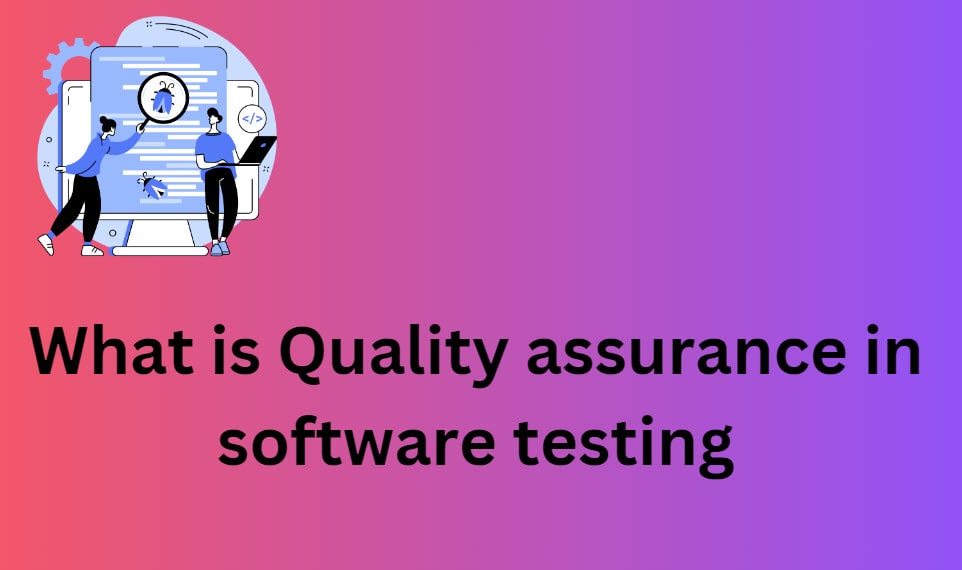Quality Assurance (QA) is a vital element of the software development life cycle (SDLC). Despite being often confused with testing, it’s important to distinguish that QA is not merely an isolated phase but rather a systematic process encompassing the entire life cycle, from conceptualization to deployment and maintenance. The main objective of QA is defect prevention and assuring the reliability and robustness of software products or services.
What is quality assurance in software testing
The term ‘Quality Assurance’ encompasses activities that guarantee the optimal operation of a software product in accordance with the predetermined requirements and specifications. QA emphasizes the prevention of defects during the development process, thereby reducing the need for the risk of corrections and modifications at a later stage. It’s not just about finding bugs; it’s about systemically improving the development process to reduce the risk of flaws in the finished product.
Role of Quality Assurance in the Software Development Process
QA involves the entire software development process, which generally includes the requirements definition, design, coding and implementation, testing, and deployment and maintenance.
- Requirements Definition: An unambiguous, comprehensive, and well-documented requirement is the foundation of a successful project. The QA team plays a very important role in requirements gathering and analysis, ensuring the requirement is very much feasible and understood by all the stakeholders, thereby reducing potential misunderstandings that may lead to software flaws.
- Design: At this stage, QA verifies whether the design meets the requirements that are documented and is of high quality. They ensure the design is scalable, robust, and reliable, setting the groundwork for seamless coding and implementation.
- Coding and Implementation: During this phase, QA participates in the process of code reviews and inspections, confirming that the code follows the predefined coding standards and the other guidelines. It also ensures the code is reliable, efficient, and capable of meeting the established requirements.
- Testing: Testing is the phase where QA is most prominently involved. Here, QA teams design and execute the test cases, test plans, and test scripts to identify defects. They conduct different types of testing such as unit testing, integration testing, system testing, and acceptance testing to ensure the software performs as expected.
- Deployment and Maintenance: Even after the deployment, QA has a pivotal role in maintaining the software quality. QA teams continually monitor the software in its operating environment to identify and fix any emerging issues. They ensure that the software is updated and improved continuously to meet the changing needs and demands of the users.
- Review: QA is a continuous process. Post each phase, a review is conducted to find any errors, if any, and ensure they are not repeated in the future. This continual review process leads to the constant enhancement of the software quality.
Related: What is software testing?: A Comprehensive Guide
The Benefits of Quality Assurance
Effective QA brings numerous benefits to the software development process. It enables early detection of bugs or defects and their correction, which is generally more cost-effective than fixing issues discovered at the later stages. QA teams help to maintain consistency in the development process, thereby ensuring the development stays on track and adheres to the predefined quality standards.
Additionally, QA promotes customer satisfaction by ensuring the final product is reliable, stable, and meets the user’s requirements. Identifying potential issues early in the process, it reduces the risk of software failure and helps avoid the costly and time-consuming process of software rectification post-deployment.
In Conclusion
Quality Assurance is a comprehensive and systematic approach that pervades every stage of the software development process. It’s an indispensable element of successful software development

My name is Madhu, and I’m a certified Test Consultant with more than 16 years of hands-on experience developing and maintaining manual and Test Automation in the Software industry. I have experience with automation tools such as Selenium, Katalon Studio, etc.
